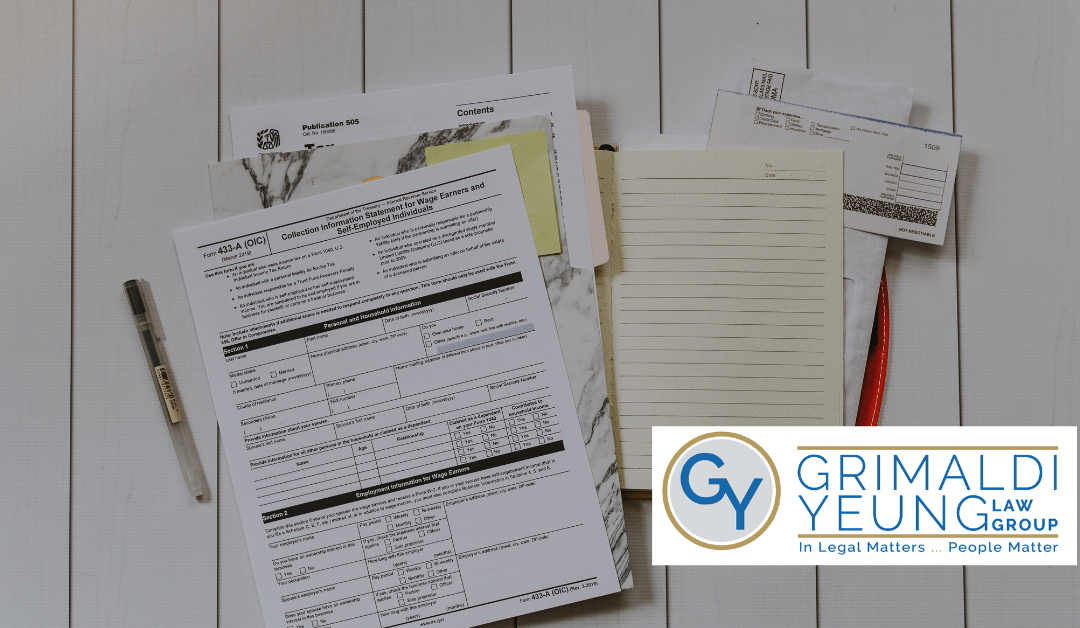A common misconception is that you do not have to probate a will when your spouse dies. This is often true as many spouses hold their property as joint property with rights of survivorship. This is especially true of the family home. When a home is held jointly as tenants by the entirety or with survivorship, then the title to the property passes by operation of law to the surviving owners, and no probate is needed. Probate can also be avoided if bank accounts or other types of accounts name joint owners or have beneficiary designations. Retirements account also commonly name the spouse as designated beneficiaries. So, it is not that the will does not need to be offered to the court for probate, it is that the couple took the time to name beneficiaries on all of their assets. A will may be still available but there are little or no assets that are governed by the Last Will.
Probate, also called estate administration, is the management and final settlement of a deceased person’s estate for assets held exclusively in the name of the decedent or without a beneficiary named. The estate administration is conducted by an executor also known as a personal representative who is nominated in the will and must be approved by the court.
Estate administration is needed when there are assets that have no designations and are solely held by the deceased person. It is the formal process of administering a person’s estate. If there is a Last Will, then the instructions in the Will must be followed by the nominated executor. The court will supervise this process. In the absence of a Will, probate also establishes heirship rights. In NY this is called intestacy (Without a Last Will and Testament. NY law follows a strict bloodline to determine heirship and inheritance. In NY, Intestacy can be a lengthy, complex, and expensive process. The family tree must be established and each member of the relevant family tree must be located and provided with notice that the related person has died, the complexity depends upon the size of the family and who is the next of kin and the value of the estate, whether a proper estate plan was prepared by the decedent prior to death. There is also the consideration those family members or others might contest the estate proceeding.
Family dynamics can cause a tremendous number of complications and delays, especially if the family has blended children from prior marriages or if the child has predeceased their parents. There are some exceptions, such as when the estate is extremely small and when probate is not required. However, in most cases, it is required.
If a person owns real estate an estate plan it is strongly advised to ensure that their property can be successfully transferred or sold. . Estates with multiple heirs face the problem of who can decide to sell a property or how to divide the property among family members. Further Problems can arise when there is a need to pay taxes on the property or when there are expenses that must be paid to maintain the property. Family members may not be willing or able to share the costs equally causing family dissension and worse the waste of the property.
Without a will, the disposition of the property is determined by state law. Things can become complicated. The spouse does not automatically receive the property, it is divided between the spouse and the decedent’s children, If the deceased spouse has children from outside the most recent marriage, those children may have rights to the property and end up owning a portion of the property along with the surviving spouse. However, neither the children nor the surviving spouse can sell the property without each other‘s approval. This is a common occurrence.
A few final thoughts: estate planning laws of each state are different. New York’s laws are similar to most states, but there are some differences. You should meet with an estate planning attorney that practices in the state in which the deceased person lived. The power of attorney and healthcare directives do not operate once the person has passed. The executor is the will or the court-appointed personal representative often called the estate administrator will take over for the prior Power of Attorney. There may be a delay while the probate process is completed. In the New York City area this delay could be 6 months to one year. During this interim period, little can be done to settle the estate.
Your executor can live in other states but they will be bound by New York law when appointed with New York documents. Our firm can handle wills for New York and New Jersey and we have close relationships with attorneys and in most states via our involvement in the National Academy of Elder Law Attorneys. Our firm can help you plan for handling an estate when your loved one passes whether or not they have executed a last will and testament. Contact us today for more information.

